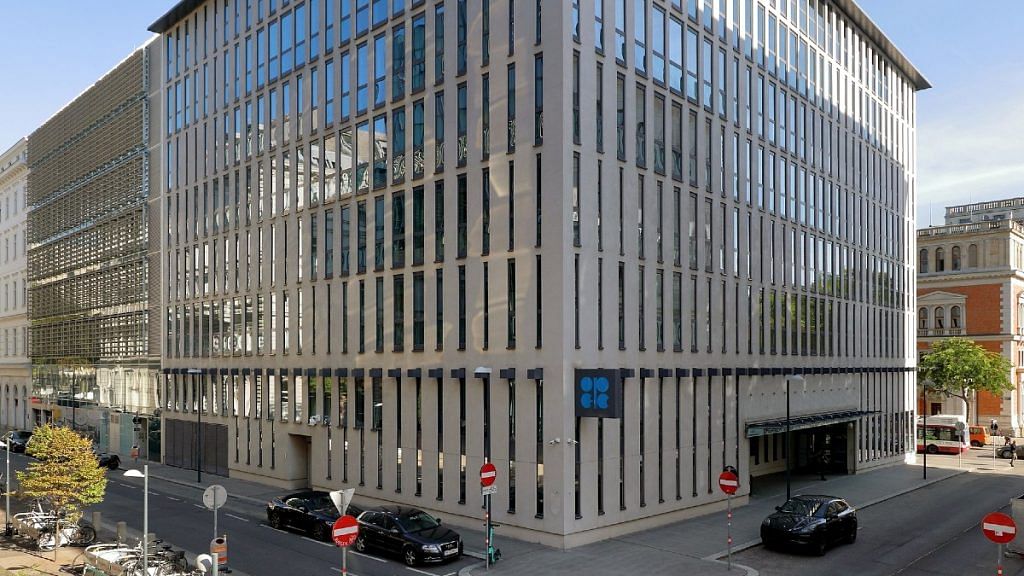New Delhi: OPEC+ plans to hold its first in-person meeting in two-and-a-half years at its headquarters in Vienna on 5 October. Though this will be the first time they meet physically since the beginning of the Covid-19 pandemic and the Russian invasion of Ukraine, all OPEC+ members may not be able to send representatives to the meeting on such short notice and will instead attend the meeting virtually.
The OPEC+ is a grouping of 23 oil-exporting nations led by Saudi Arabia and Russia. Members include the 13 permanent OPEC (Organization of the Petroleum Exporting Countries) countries and 10 others.
Announcement for the meeting came on the heels of conjecture that the oil-producing cartel may be contemplating cutting production to stem a recent slump in global oil prices.
Just last week, Russia — with the support of Saudi Arabia — was reportedly lobbying for the group to adjust market rates by reducing supply by 1 million barrels per day. In September, the group had agreed to a minor reduction in production by 100,000 barrels per day.
Javier Blas, commodities columnist at Bloomberg, argued that the in-person option for the meeting was introduced at the last-minute because the group is planning a major production cut.
Global oil prices, which hit an 8-year high in March this year, have been falling through September owing to fears about the state of the global economy, and a resurgent US dollar after the Federal Reserve reduced interest rates. Economic contraction can reduce demand, while a stronger dollar makes it more expensive for people holding other currencies.
In the initial weeks following Russia’s “special military operation” in February, OPEC+ stuck to its production plans and declared a minute increase in supply for April. In its March statement, the grouping made a fleeting reference to the war in Ukraine as “geopolitical developments” that were unsettling the market.
However, by May this year, OPEC+ had reduced its projections for oil demand and sales due to the war in Ukraine and lockdowns in China.
The meeting in October will also be the first in-person meeting since the G7 nations announced two Russian oil price caps in September to reduce Moscow’s revenues from oil sales. The price cap on crude will kick in from December, while the one on refined oil will come into effect in February 2023.
(Edited by Amrtansh Arora)
Also Read: Putin declares annexation of four Ukrainian regions, partly occupied by Russian forces
